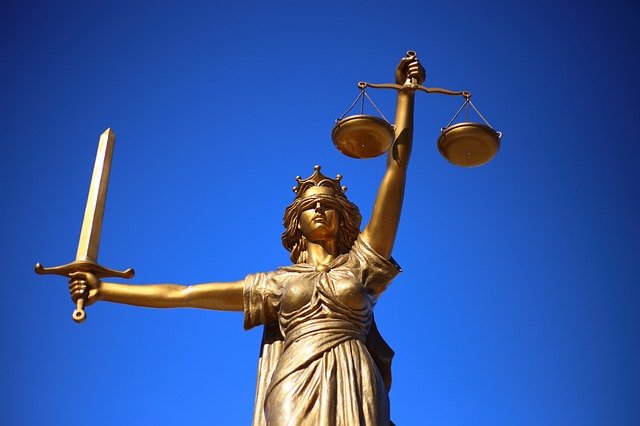How to Become an Expert Witness
Image by Sang Hyun Cho from Pixabay
You’ve seen them before in TV courtroom dramas- a prosecuting attorney calls a witness to the stand to give expert testimony on his or her specialized profession. As the expert witness shares his or her extensive knowledge in a particular field- be it forensics, medicine, psychology, or even information technology- the jury listens intently, gathering the details that can ultimately sway their decision. In many ways, a court case ruling hangs on the balance of the expert witness testimony that is shared to help prove the guilt or innocence of a defendant.
But where do these expert witnesses come from? How do they come in contact with the very prosecutors or defendants who are building their cases and need expert testimony? If you have the credentials, background, and experience to be considered an expert in your field, you too can become an expert witness and use your knowledge to play a significant role in helping justice be served.
Who Can (and Can’t) Serve as an Expert Witness
While there are no stringent rules dictating who can or can’t serve as an expert witness in a court case, people who have been recognized as experts in their field due to a combination of their years of experience, credentials, and wealth of knowledge on a particular subject are most highly sought-after by attorneys. The Federal Rules of Evidence are pretty broad about who can act as a witness. Anyone who, based on their knowledge, skill, experience, training, or education can help the “trier of fact” (a judge or jury) to understand the evidence or determine a fact in issue, can be an expert witness.
Most expert engagements are actually for civil litigation, not criminal cases. Depending on the nature of the court case, different types of expert witnesses from different industries or disciplines may prove to be the most beneficial to the attorneys who are arguing the case. For example, a Bitcoin expert witness may be called to provide testimony in a case involving cryptocurrency fraud or identity theft, while a contractor may be called as an expert witness in a case involving a building code violation or construction accident. Regardless of your profession, if you have the expertise and background, there is a good chance that some court case needs your expert testimony!
How Do I Know if I’m an Expert?
Even if you have been in the same profession for decades and have an advanced degree in the field in which you work, you may not think of yourself as an expert on the subject. Then again, not every area of expertise has such concrete benchmarks to indicate when one actually becomes an expert in one’s field. How can you be sure you’re expert enough at what you do to be called an expert witness?
While different attorneys may choose expert witnesses based on different standards, internet expert witness Peter Kent gives some of the guidelines that they generally use when looking for someone to provide expert testimony:
* An advanced degree in your chosen field
* Published work in highly regarded trade publications, medical journals, or other professional publication
* Experience as a keynote speaker at a professional conference
* Any awards, grants, fellowships, or other recognition for excellence in your field
* Extensive commercial or business experience in the field.
Basically, the more credentials you have, the more credibility you will have as an expert witness. Other factors attorneys or judges may consider when selecting you to provide expert testimony include whether you have previously served as an expert witness, your hourly rate, the flexibility of your schedule, your proximity to the trial location, and your ability to explain detailed, complex concepts to a jury of 12 average individuals in a way that is simple and easy to understand.
Becoming an Expert Witness
If you think that you would be interested in providing expert testimony for court cases, be sure that you are comfortable with undergoing a deposition or taking part in a trial. You’ll also be having your professional and personal record scrutinized to establish your credibility, so be sure you are not uncomfortable with that. Keep in mind that not all expert testimony must be delivered on a witness stand in a crowded courtroom- plenty of expert witness roles involve reviewing records, writing reports, and other activities that don’t involve public speaking. Moreover, you have the ability to share exactly what you are and are not comfortable with doing before you begin work with an attorney, so you know you are both in alignment over what is expected of you.
Providing testimony as an expert witness can help people receive fair trials, not to mention educate the attorney, judge, and jury members on the principles of your chosen profession. If you think that becoming an expert witness sounds like an exciting and fulfilling way to share your knowledge and expertise with the people who need it most, it may be just the right opportunity for you!

